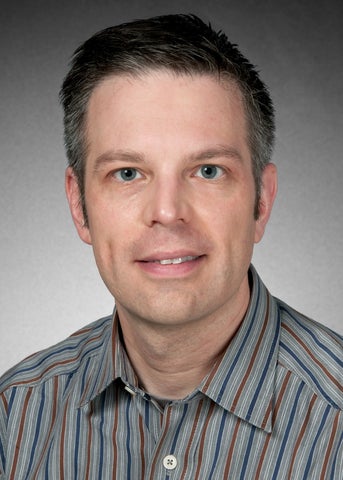
Christian Boudreau
Christian Boudreau
Before joining the University of Waterloo in June 2005, Professor Boudreau was a member of the Division of Biostatistics and of the Center for International Blood and Marrow Transplant Research (CIBMTR) at the Medical College of Wisconsin. He is still involved in collaborative projects on bone marrow research with people at the CIBMTR.
Professor Boudreau is the associate director of the Data Management Core (DMC). The DMC aims to ensure data quality and statistical support for the International Tobacco Control Policy Evaluation Survey. This survey is a longitudinal study of an international cohort of more than 10,000 smokers. The project is in collaboration with Professor Mary E. Thompson (Department of Statistics and Actuarial Science), Doctors Geoffrey T. Fong and David Hammond (Department of Psychology), Doctors K. Michael Cummings, Andrew Hyland, and Richard O'Connor (Roswell Park Cancer Institute, Buffalo, N.Y.), and other international researchers.
When it comes to research the focus of Professor Boudreau's work on longitudinal studies has been on developing methods for estimating spell durations and the effects of various covariates on these durations, when data are collected through large-scale longitudinal surveys. These methods are extensions of the Cox model and of the Breslow-Aalen estimator that adjust for correlation between observations belonging to the same cluster. Examples of applications include the duration of jobless spells in Statistics Canada's Survey of Labour and Income Dynamics, and the duration of spells without health care insurance and on different social programs in the U.S. Survey of Income and Program Participation.
Professor Boudreau has been the leading statistician on various medical research projects on the time to relapse and the time to death following a blood or bone marrow transplant. Such medical procedures rebuild the patient's white blood cells after their destruction by intensive chemotherapy and/or radiation treatment used to kill cancerous cells. The goal of this research is to understand and to estimate, usually by fitting Cox models, the effects of various prognostic factors on these times to events after transplantation.